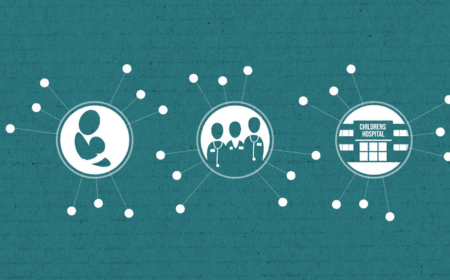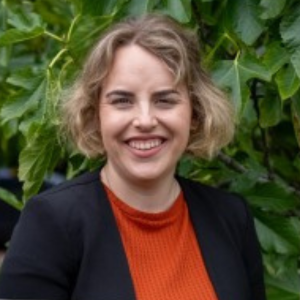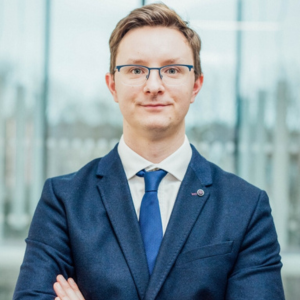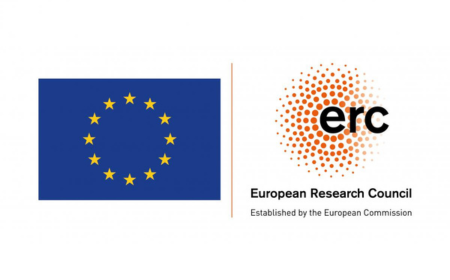.png)

TechChild - Just because we can, should we?
On This Page

Introduction
The number of children needing continuous access to life-sustaining medical devices is on the rise. Technological advancements in critical care have led to increasingly complex clinical, bioethical and legal concerns, with clinicians sometimes left asking Just because we can, should we? (opens in a new window)TechChild, a five-year programme of research funded by the European Research Council, aims to provide a new way of thinking about the factors that influence the initiation of life-sustaining clinical technology. It examines the influences on the initiation of technology dependence in the context of contrasting health, legal and socio-political systems.
This work was funded by European Research Council (Executive Agency) project TechChild (803051)
Project Outline
Background
A Paediatric Intensive Care Unit (PICU) encapsulates many of the icons of a truly cutting-edge care environment, driven to provide every possible means of innovation in care delivery, to sustain the life of the most ill children. The measure of a successful outcome of care in a PICU has historically been presented as the survivability of the child after they have endured a suite of technologically enhanced care. However, there are many important outcomes of such care that require thoughtful consideration beyond this.
Why is TechChild important?
In this arena of exponential technological advancements, it is critical to understand the perspectives of clinicians and other members of the multidisciplinary team (MDT) at the time when initiation of technology dependency is being considered. This may begin to answer increasing parental concerns regarding lack of transparency around the initiation of clinical technology dependence. The interventionist bias, or otherwise, of the clinician with ultimate responsibility for the child’s care, is poorly understood, and of pivotal importance to appreciate the benefits and harms, levers and penalties of care that may be influenced by their values and experiences. Overall, little is known about judgement processes in PICUs preceding the commencement of technology dependence. With PICU as a global initiative, the era of exponential technological advancements is a considerable concern as well as an achievement across the world; the clinical, ethical and legal challenges it presents are evolving quickly.
Aims and Objectives of TechChild
The aim of TechChild is to explore influences on the initiation of technological support which will be required long-term to sustain a child’s life and to develop a theory to explain the initiation of technology dependence in the context of contrasting health, legal, and socio-political systems.
The objectives are:
- Conceptualisation of the influences on the initiation of technology dependence in the PICU.
- Exploration of the formal and informal processes that influence the initiation of technology dependence, from the perspective of those with the authority and ultimate power to make that decision.
- Identification of the greatest influences on the initiation of technology dependence.
- Development of a theory of technology initiation in healthcare, explaining the interactions and context of the initiation of technology dependence.
- To socialise, through discussion and feedback, the emergent theory on the influences on the initiation of technology dependence for a child to sustain life.
What will be the impact of TechChild?
At a clinical level this project has the potential to inform clinical care pathways and provides an evidence-based reference for clinicians that may guide communications with members of the MDT as well as families and other stakeholders at this difficult decision-making juncture. This project is of broader societal relevance as the emergent TechChild theory will explain a previously unilluminated area of healthcare that has been driven more by anecdote and expert opinion than empirical evidence. This project questions technological determinism and offers a research horizon that challenges the power of technology to determine social change.
Project Team
.png)
.png)

Rebecca Carolan
Research Assistant
.png)
.png)
.png)

Kate Masterson
Ph.D. Student, UCD and Research Nurse
Royal Children's Hospital, Melbourne, Australia
My ProfileProject Collaborators

Dr. Carol Hilliard
Assistant Director of Nursing
Children's Health Ireland at CHI at Crumlin
My Profile
Professor Piet Leroy
Professor of Procedural Sedation/Analgesia in Children
Maastricht University Medical Centre
My Profile


Project Funder
This work was funded by European Research Council (Executive Agency) project TechChild (803051)
